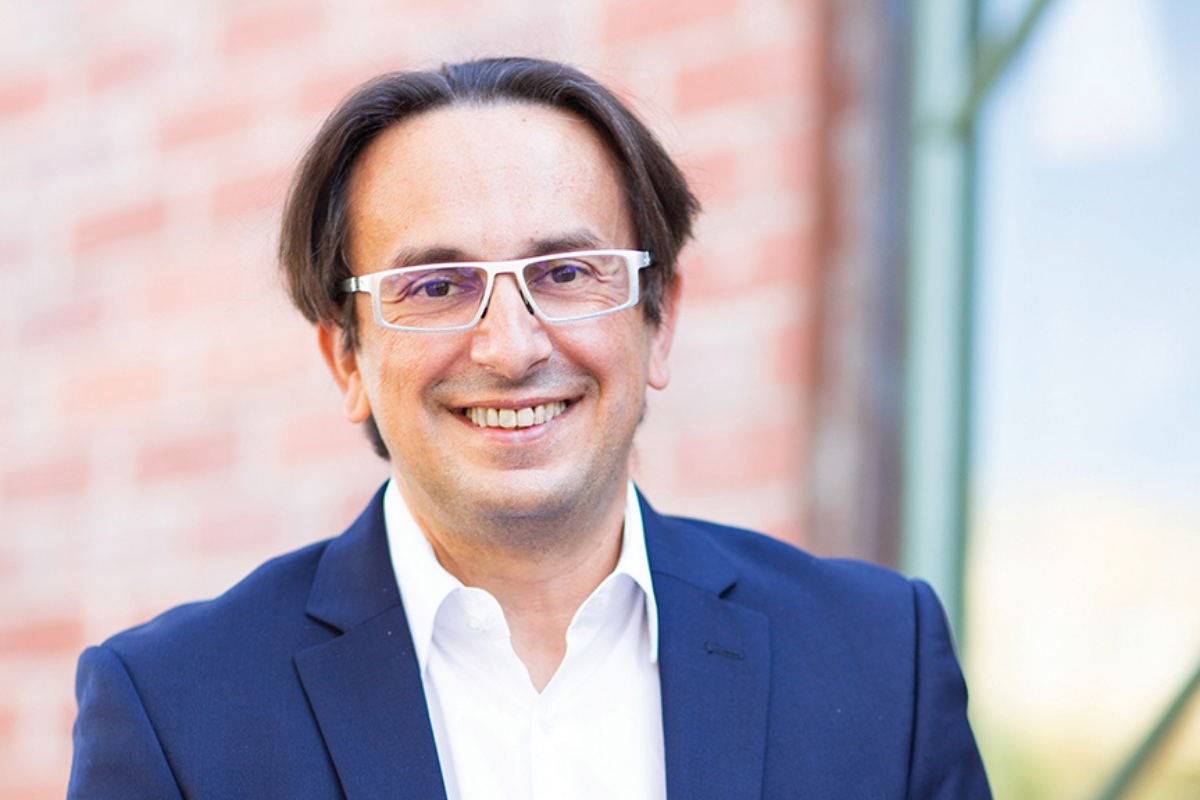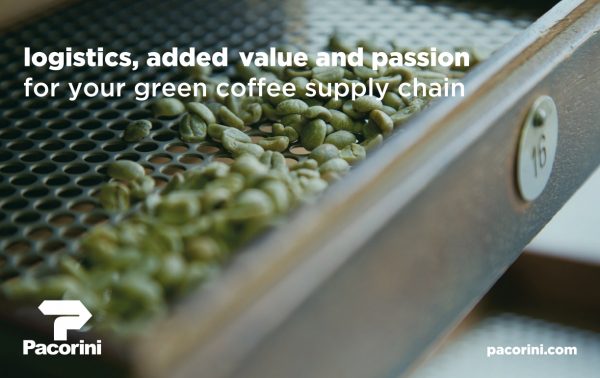Many would argue that you can’t beat a cup of coffee. Every morning, all over the world, across all industries, an entire workforce is mobilized by the cup that cheers. Coffee’s ubiquity, versatility, richness and magical wake-up powers have made it the fourth most-consumed beverage on Earth, backed by a US$200 billion-plus supply chain that spans growing to sipping.

The cup of joe enjoys a diehard fan base devoted to exploring its many flavors and styles, as well as safeguarding its economic significance. Chief among these is the Specialty Coffee Association (SCA), which works to guarantee coffee’s continued sustainability and success at every level of its value chain.
As the glue that binds the specialty coffee industry together, the SCA has tasked itself with the mission of a lifetime: to make coffee better.
“What that means,” says SCA CEO and Executive Director Yannis Apostolopoulos, “is that we foster the global coffee community, from farmers to baristas, roasters and major corporations. We raise standards worldwide through a collaborative and progressive approach.”
With an 11,000-strong membership that continues to grow day by day, the SCA is the world’s largest coffee membership organization. The unifying force for specialty coffee provides education, conducts research, holds events and offers resources not only to its member base, but also the millions employed by the booming coffee industry. It’s a big job; luckily, Yannis is powered by the same thing as the rest of us.
“I simply love coffee,” he says. “I decided to pursue a career in this industry because coffee people are amazing. It’s an industry full of people who are open, welcoming and eager to share knowledge.”
For many coffee enthusiasts, that knowledge begins with an uncomfortable truth: coffee’s origins as a global beverage are firmly rooted in colonialism, which commodified coffee as an agricultural product around the world.
Coffee’s colonial past explains its distribution today: with a 31.6% share of the market, Brazil is the world’s top producer of coffee beans, far outpacing its closest competitors – and fellow former colonies – Vietnam, Colombia and Indonesia. Coffee’s native Ethiopia comes in fifth on the list; an illuminating reminder of colonialism’s penchant for displacement.
“It’s important to acknowledge this, because the knock-on effects are still felt today,” Yannis explains. The economic gulf between these countries and those that top the list of roasted coffee exporters – Switzerland, Italy, Germany, France, the US and Netherlands – remains disproportionately wide. That reality is front of mind for the SCA, which strives to bridge that gap.
“We in the coffee value chain need to address issues like the lack of equitable value distribution,” Yannis says. “We should pursue opportunities to establish living income standards to address the effects of climate change in coffee, and most importantly, to create a sustainable value chain that treats everyone with dignity.”
To achieve this, the SCA has developed a comprehensive five-year plan that focuses on driving a sustainable specialty coffee agenda. Above all else, sustainability has become the single most important issue facing the coffee supply chain.
The obstacles facing specialty coffee in the near and long-term future are too large and too urgent for the community not to adapt and change our behaviors.
“Sustainability cannot remain a peripheral consideration in the pursuit of cup quality, and so we will lead a collective mindset shift for the industry to recognize the role of sustainability in adding value to specialty coffee and its stakeholders,” Yannis shares.
“The obstacles facing specialty coffee in the near and long-term future are too large and too urgent for the community not to adapt and change our behaviors. We at the SCA believe specialty coffee must redetermine how value is created, measured and distributed in coffee value chains. For the next five years, our activities and priorities will reflect that belief.”
Much of this work will focus on a redistribution of knowledge and risk within the industry, which contains a disproportionate number of disadvantaged or low-wage workers – particularly since the COVID-19 pandemic devastated the hospitality industry.
“What became apparent during this pandemic was that the weakest links of a supply chain are the two ends,” Yannis says. “Many farmers already exist below the living income benchmark and many coffee shops were forced by lockdowns to go out of business. This pushed us to create, locate and distribute resources for our community to manage through this environment.”
Just as a local coffee shop will often cultivate a dedicated community, the SCA does the same on a larger scale. In fact, the SCA’s global network, which includes government and non-government organizations throughout the coffee supply chain, has essentially come together over a shared love for the brew.
“Partnerships are key for an association like ours,” Yannis reveals. “We’ve teamed with education and scientific institutions such as the University of California, Davis, the Zurich University of Applied Sciences, the Alliance for Coffee Excellence and World Coffee Research to strengthen our work.”
Yannis believes the fervor coffee inspires among its devotees also has the power to change the world. “Specialty coffee is a movement: the quest to make coffee better,” he tells.
“For me, it’s where coffee professionals and companies share common values and a vision of what the coffee industry can stand for, and for consumers, is the experience of enjoying a great cup of coffee that is more sustainable, equitable and helps the whole value chain thrive.” It’s that quest that drives Yannis’s leadership of the SCA.
“The words of Harvard Business School Dean Nitin Nohria are a guiding beacon in my life: ‘Making a difference means people who create real value for society, and who create value before claiming value,’” he says.
“Supporting the SCA’s activities, advocating for the values of specialty coffee and doing what I can to support the future coffee industry leaders are what motivates me to do the work I do.”
Proudly supported by:



